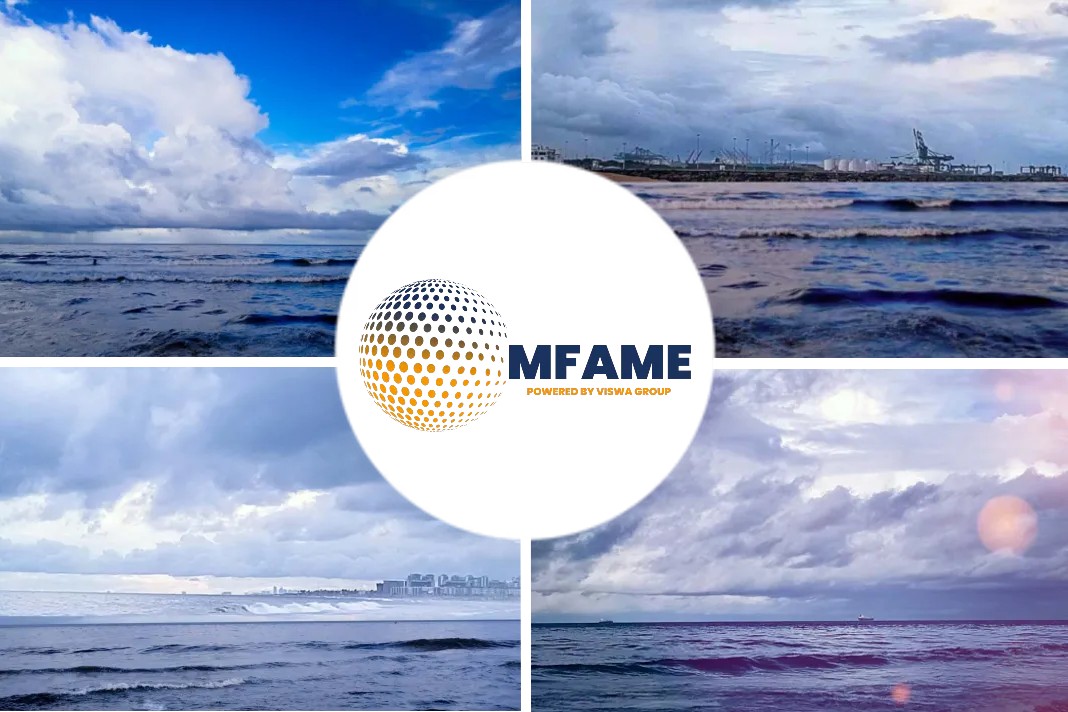 2020 has been the year that all the maritime industry anticipated with mixed feelings due to the implementation of sulphur cap. Although all lights were shed on COVID-19 , once again the regulatory agenda was busy within 2020 in order the maritime industry to stay on the pulse and remain sustainable reports Safety4Sea.
2020 has been the year that all the maritime industry anticipated with mixed feelings due to the implementation of sulphur cap. Although all lights were shed on COVID-19 , once again the regulatory agenda was busy within 2020 in order the maritime industry to stay on the pulse and remain sustainable reports Safety4Sea.
Key decisions of IMO’s virtual Committees
During November, the first virtual Committees were held by IMO in which important amendements were approved. First, the MSC 102 took place on 4-11 November, where measures to make information that may facilitate safe crew changes were agreed. Then, the MEPC 75 followed from 16 to 20 November, addressing GHG emissions and guidelines for onboard fuel sampling among other green shipping issues.
MEPC 75 highlights
- GHG emissions – The Fourth IMO GHG Study was approved together with the draft amendments to MARPOL Annex VI for the reduction of carbon intensity of existing ships.
- Fuel oil sampling – Amendments to MARPOL Annex VI on fuel oil sampling and verification of sulphur content were adopted
- BWM Convention – Amendments to the BWM Convention on commissioning testing of BWMS were adopted.
- HFO in Arctic – Amendments to MARPOL Annex I, with a prohibition on the use and carriage of HFO for use as fuel by ships in Arctic waters were approved
- AFS – Amendments to the Anti-Fouling System (AFS) Convention to include controls on cybutryne were approved.
GHG emissions reduction
Draft amendments to MARPOL Annex VI were approved, introducing new regulations to reduce GHG emissions from ships. These are:
Energy Efficiency Existing Ship Index (EEXI)
Operational Carbon Intensity Indicator (CII), which includes a rating scheme (A to E), and
an enhanced SEEMP with mandatory content, approval and subsequent audits.
IMDG Code, Amendment 39-18 becomes effective
Amendment 39-18 includes revisions to various sections of the IMDG Code and to transport requirements for specific substances. It was adopted by IMO’s MSC 99 in May 2018 and is mandatory as from 1 January 2020.
S. Korea introduces speed limits and ECAs
From 1 September 2020, vessels at berth or at anchor in the port areas of Incheon, Pyeongtaek and Dangjin, Yeosu and Gwangyang, Busan and Ulsan must burn fuel with a maximum sulphur content of 0.10%. The changeover to compliant fuel must take place within one hour of arrival and must not change back until within one hour before departure.
Sulpur Cap Implementation
The new 0.50% limit (reduced from 3.50%) on sulphur in ships’ fuel became effective from 1 January 2020, under IMO’s MARPOL treaty. A complementary MARPOL amendment, which entered into force on March 1st, 2020, now prohibits the carriage of non-compliant fuel oil for combustion purposes for propulsion or operation on board a ship – unless the ship has an exhaust gas cleaning system fitted.
New SOLAS requirements and guideline for lifting appliances
SSE 7 agreed to amendments to LSA Code to ensure adequate safety standards for lifeboats and rescue boats fitted with single fall and hook systems with on-load release capability.
On 24 December, Cyber Security Guidelines Version 4 was issued. The fourth version takes into consideration the threat as the product of capability, opportunity, and intent, and explains the likelihood of a cyber incident as the product of vulnerability and threat.
IACS roadmap towards Cyber Resilience from the earliest stages
IACS issued its recommendation to provide technical requirements to stakeholders which would lead to delivery of cyber resilient ships.
Guideline for Arctic Marine Risk Assessment now available
In late April, the Arctic Council’s Emergency Prevention, Preparedness and Response (EPPR) Working Group released best practice methods and data sources for conducting regional and area-wide risk assessments concerned with ship traffic and operations in the Arctic.
New Dry Bulk Management Standard from RightShip
In early April, RightShip announced the Dry Bulk Management Standard (DBMS) which aims to support the improvement of safety and risk management standards within dry bulk ship management and help drive collaboration, conversation and increased standards in the sector.
MARPOL amendments effective
From 1st October, amendments to MARPOL Annex I, II, V, VI and the NOx Technical Code will permit the use of electronic record books, to enable the accurate record keeping of movements of shipboard substances and materials hazardous to the environment.
MLC Amendments
On 26 December 2020, the 2018 amendments to the MLC entered into force, requiring SEAs, such as wages and other entitlements, to continue to have effect when seafarers are held captive on or off the ship due to piracy or armed robbery.
Shipowners to pay seafarers kept captive by pirates
From December 26th, 2020, a new law is coming into force which ensures that seafarers caught by pirates or another criminal acts will be paid by shipowners if held captive. The new rules mean that seafarers will have to be paid by shipowners if they are held captive, as there have been some cases employers have not paid them.
Did you subscribe to our daily newsletter?
It’s Free! Click here to Subscribe!
Source: Saftey4Sea





















